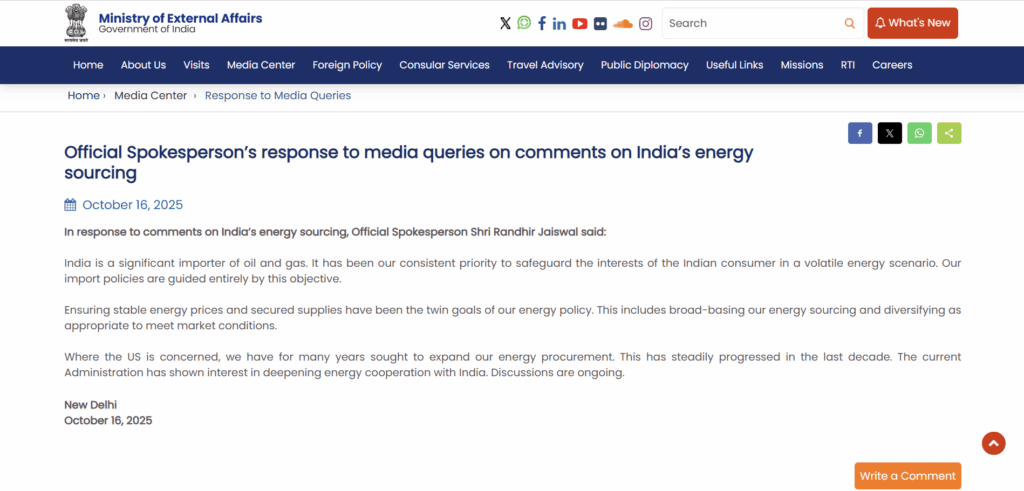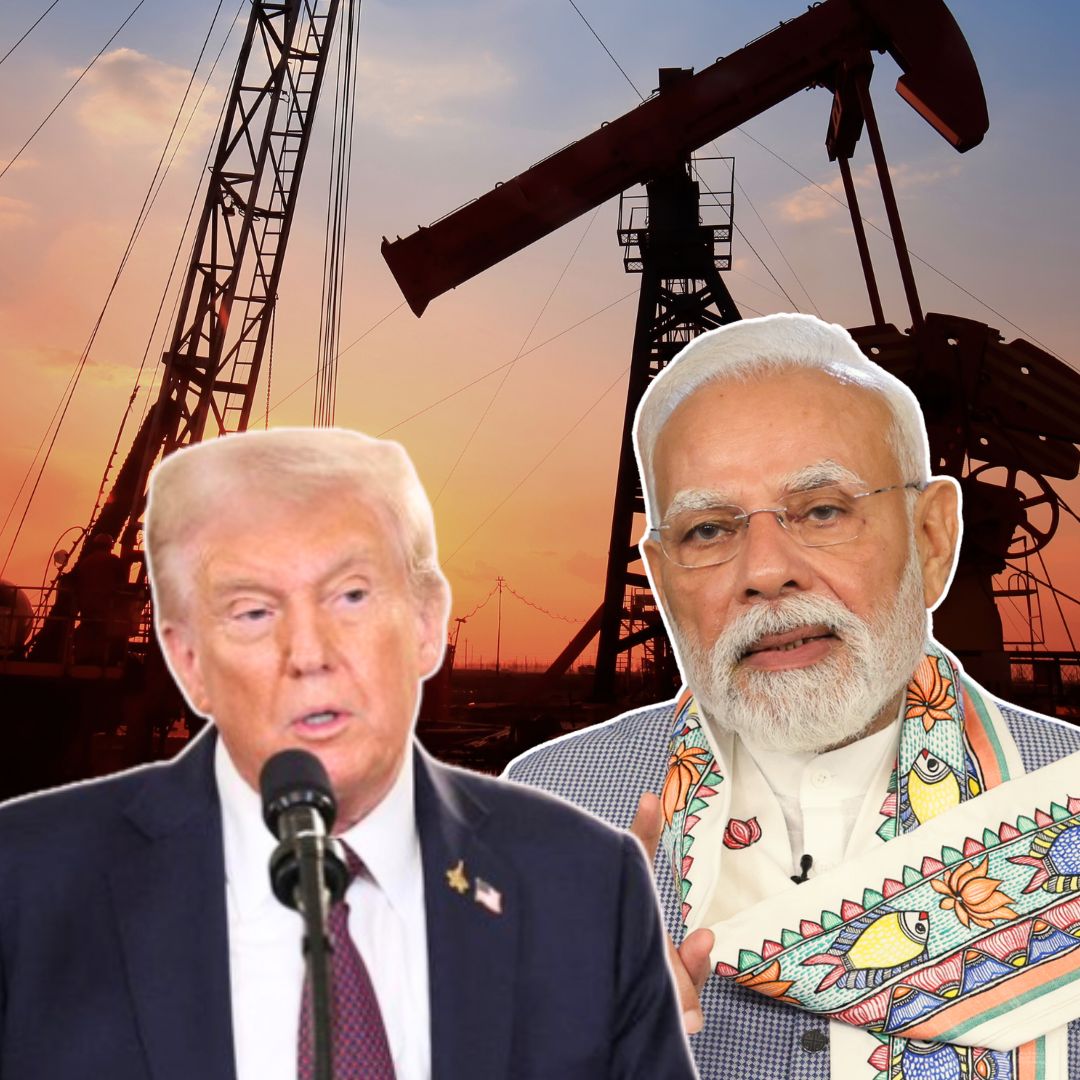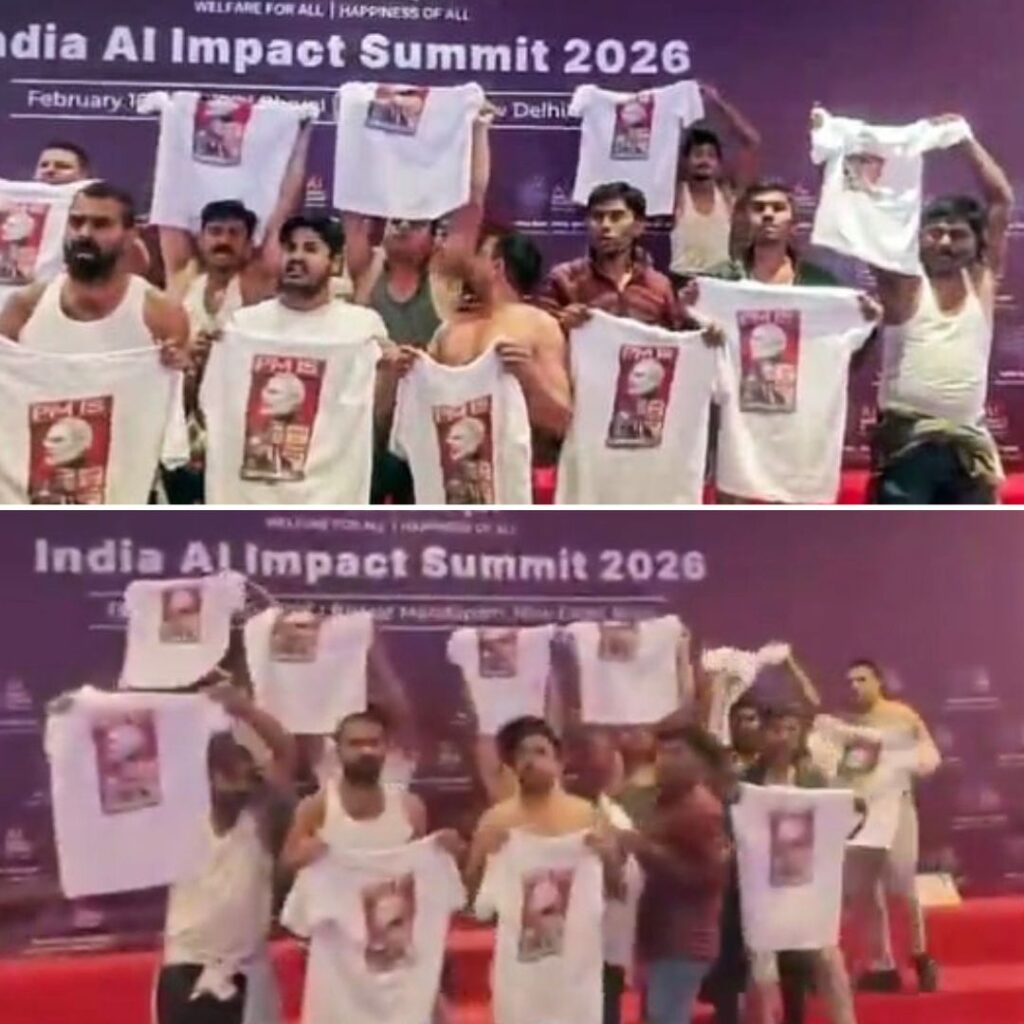The ongoing geopolitical clash over Russian oil imports has highlighted India’s firm stance in preserving its energy security despite mounting pressure from the United States. In September 2025, Russia remained India’s single largest crude oil supplier, providing approximately 34% of the nation’s total oil imports, equating to around 1.6 million barrels per day (bpd).
Recently, President Trump in a statement claimed that Indian Prime Minister, Modi has assured him that there will be no oil purchases from Russia.
.@POTUS: Indian Prime Minister Modi "has assured me there will be NO OIL purchased from Russia." pic.twitter.com/aJpeEss9YK
— Rapid Response 47 (@RapidResponse47) October 15, 2025
Trump’s Claims and India’s Official Position
On October 15, 2025, U.S. President Donald Trump publicly stated that Prime Minister Narendra Modi had assured him that India would stop buying Russian oil, viewing it as a major diplomatic breakthrough in the U.S.’s attempt to economically isolate Moscow amid its invasion of Ukraine. Trump also signaled his intention to pressure China to follow suit with similar commitments.
In response to President Donald Trump’s claim that Prime Minister Narendra Modi assured him India would stop buying Russian oil, Ministry of External Affairs spokesperson Randhir Jaiswal clarified India’s stance on the issue. Speaking on October 16, 2025, Jaiswal emphasized that India’s import policies are driven solely by safeguarding the interests of Indian consumers amid volatile global energy markets.
He refrained from confirming or denying any specific conversation between Modi and Trump, stating, “Our import policies are guided entirely by the objective to ensure stable energy prices and secured supplies.” Jaiswal reiterated India’s commitment to a diversified energy sourcing strategy designed to meet market conditions prudently.
He also highlighted ongoing discussions with the U.S. about increasing energy procurement from American suppliers, reflecting India’s intent to broaden its energy partnerships without compromising energy security. This measured response underscores India’s careful balancing act between diplomatic rhetoric and practical energy needs amid international pressures.

Energy Security vs. Geopolitical Pressure
India’s reliance on Russian oil surged remarkably after Russia launched its 2022 invasion of Ukraine, rising from nearly negligible levels to account for 35-40% of its crude imports. This strategic decision enabled India to save an estimated $17 billion through discounted purchases, crucial for a rapidly growing economy.
Indian refiners, particularly private firms such as Reliance Industries and Nayara Energy, significantly increased their Russian crude intake, offsetting reductions from state-run refiners who cut back by over 45% in the same period.
While the U.S. has imposed tariffs and trade penalties on India to curb these imports, New Delhi’s approach reflects a balancing act: ensuring affordable energy supplies for its population and economy while managing bilateral ties with the West and Russia.
The diverse import sources and market-driven adjustments by public and private sector refiners underscore India’s pragmatic energy policy stance, highlighting the complexity of global energy diplomacy in a fractured world.
Rahul Gandhi sharply criticised Prime Minister Narendra Modi following Trump’s claim that Modi assured him India would stop buying Russian oil. Gandhi accused Modi of being “frightened” of Trump, allowing the US President to dictate and announce India’s decisions on such a critical issue.

The Logical Indian’s Perspective
At The Logical Indian, we recognise the critical importance of national energy security in a volatile geopolitical landscape but also stress that sustaining global peace, dialogue, and cooperation remain paramount. True progress requires empathy and understanding across nations rather than coercive economic measures that may exacerbate tensions.
India’s continued reliance on Russian oil amid external pressure highlights the need for inclusive conversations rooted in mutual respect and pragmatic solutions.













